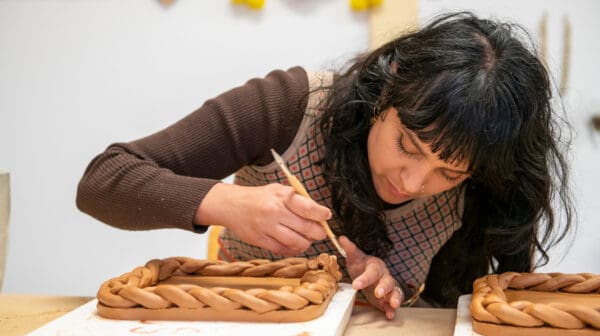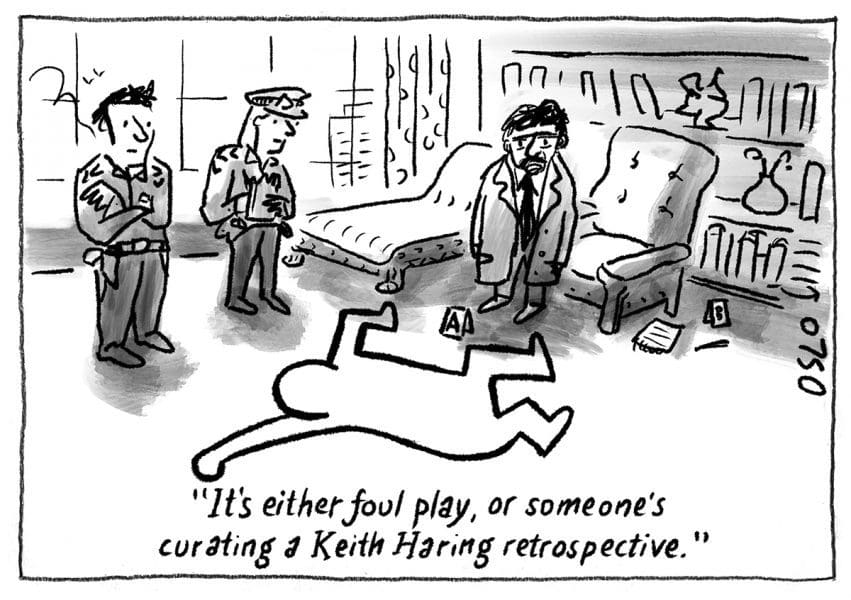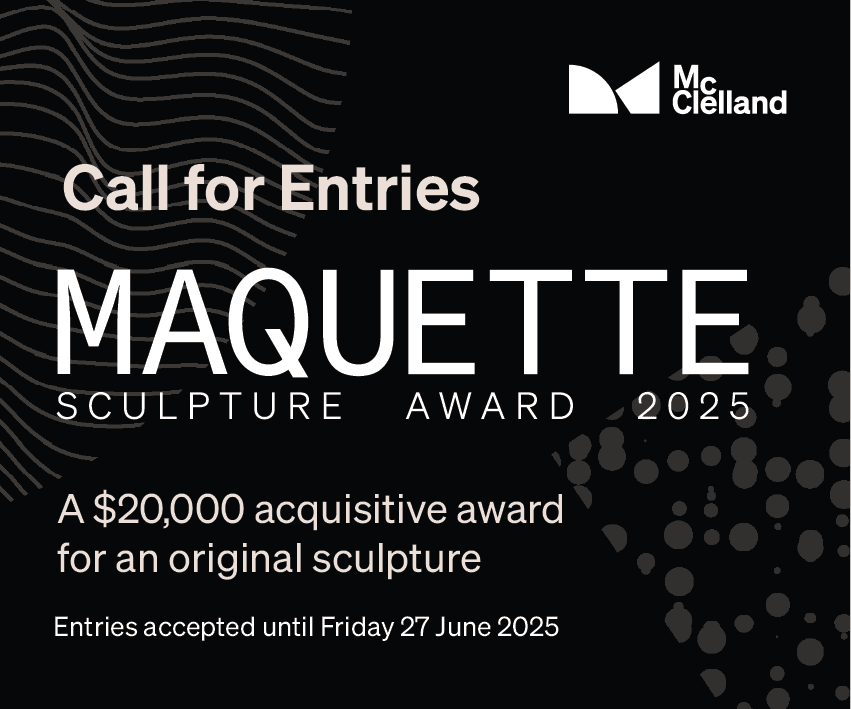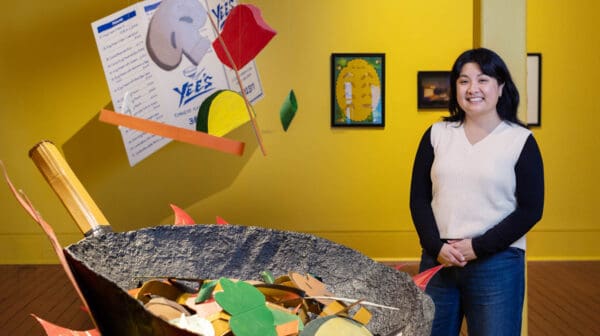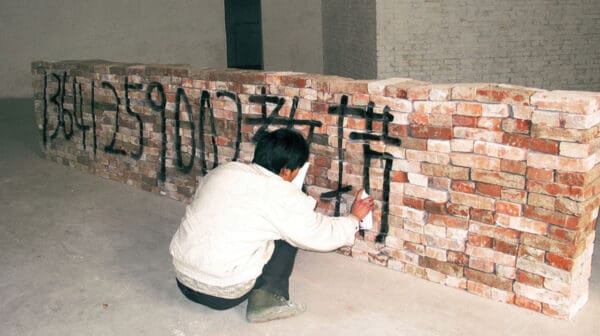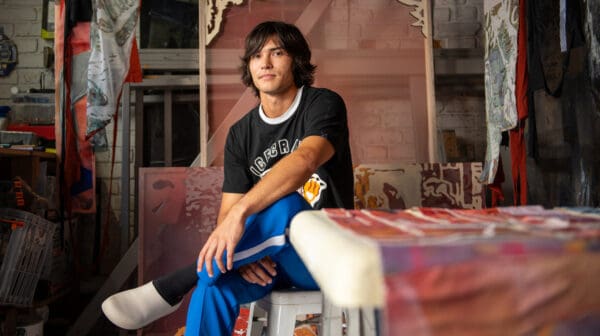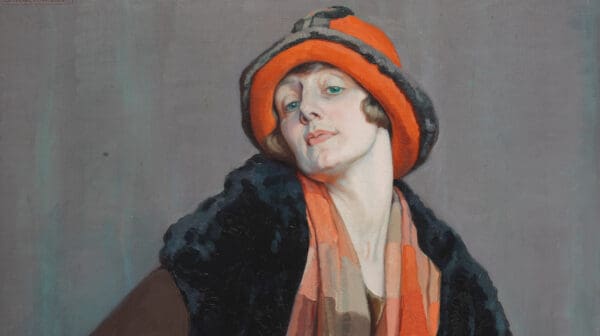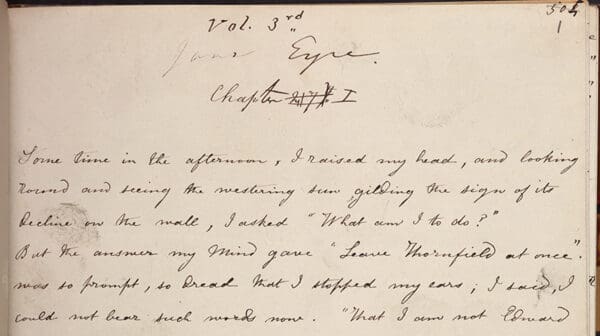Since your last visit a few things have changed. The consulting rooms remain the same calming shade of blue, the scented candle still burns, and cushions are regularly plumped for maximum comfort. What’s changed is something you can’t see – our terminology. We don’t refer to people as ‘patients’ anymore. We call them ‘clients’ because it’s all part of a new professional outlook. As a leading curator, you’ll certainly appreciate the more formal context.
How’s that major exhibition at the museum you’ve been working on going? You smile a very intriguing smile, and then brush off an imaginary piece of lint from your jacket sleeve. “It’s going perfectly,” you say. “Everyone is very impressed. Of course, I’ve been working on this project for years with no recognition and very little money, but I think it’ll be my crowning achievement. And I have you to thank for so much support over that time.” [Note: Glibness, superficial charm.]
Haven’t you been working with other curators on this project? How are you getting on with them? “Frankly, they’ve been of no use whatsoever,” you say, a slight grimace on your face. “I’ve had to sack a few of them in the last few months as we get towards the opening. I think a few of them have been actually conspiring to undermine my efforts. They don’t do anything except sit in the office, update Facebook and gossip. I’m carrying the entire workload.” [Note: Grandiose self-image?]
Let’s change tack a little. What was your first professional job as a curator? What did you start off doing? “Ha, ha,” you state blandly. “I started off in murders and decapitations.” Sorry, what? “I said I started off in collections and acquisitions. In a junior position. I was there for some time, learning the ropes, then when my boss mysteriously went missing, I was promoted.”
I see, so you must enjoy working with artists? “Sorry, who?”
You must enjoy working with creative people? “Not really. Frankly, living artists are a bore. I prefer dead artists.”
I suppose it must have come as a shock that the key artist in this major exhibition you’re curating died so young? “I tell you what, that artist was a handful and dealing with the estate is much easier. I certainly don’t have to work at being nice. It’s a simple business relationship, and they admire and respect me because of my curatorial acumen, so you know, it’s sad the artist died but it has all worked out very nicely.” [Note: Lack of empathy, etc]
Hmmm. So how is the drinking now? Last time I saw you said you’d cut down. “Oh yes,” you say, brightening. “Really only on social occasions now, sometimes at work, sometimes at home, most weeknights, on the weekends, or I’ll have a shot or two while I’m sitting in the car, at traffic lights, that sort of thing.” [Note: Impulse control issues.] Do you drink on your boat? “My what?” The last time I saw you, you said you’d bought a boat. “I think you’re getting it mixed up – I said I freelance curate the art on wealthy collector’s boats.” [Note: Pathological lying?]
Does the senior management at the museum know about the freelance work? I didn’t know that was allowed. “Oh sure, it’s all about managing expectations and outcomes,” you say confidently. Sure, but what does that mean? “It means that I tell them what they want to hear. I have a very productive relationship with the museum director, who is quite frankly not up to the job, so they’ll believe any old crap.” [Note: Superficial and manipulative.] And how is that relationship progressing? “The director and I are very close. As a matter of fact we’re going mountain climbing together. I’m told it’s a dangerous climb, but I’m confident we’ll have no issues.” [Note: Insatiable need for stimulation.]
And what of your last show? Have there been any repercussions? “I’m sorry, what are you talking about?” I read that your last show was way overbudget, was critically panned, and there are truckloads of the $200 catalogues sitting in a warehouse somewhere waiting to be pulped. “Ah, that’s mostly inaccurate,” you say, with a glassy-eyed gaze. Which part? “Look, blame rolls downhill and that’s usually deserved. The people who work for me are often the best people, but being a curator is a high-pressure vocation, so often people burn out, make mistakes and have to be … disposed of.” What? “You know, fired.” [Note: Irresponsible, lack of blame taking…]
So what are you looking forward to? What’s next? “My talents have been recognised internationally and I’ll be curating Australia’s representation at the next Venice Biennale.” Oh? I thought that was Juliana Engberg. “No, no. That’s me. I’ll be doing it.” Are you sure, I’m pretty certain I read that in Art Guide.
And then very slowly you move forward in your chair. “Do you know you have some lint on your collar?”
*The author is missing
